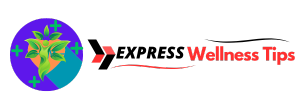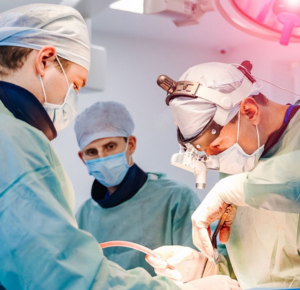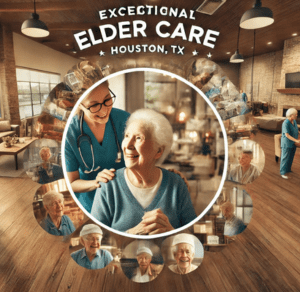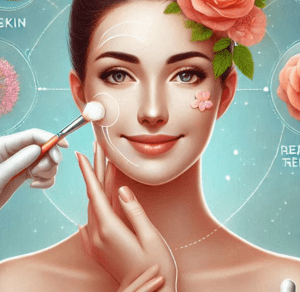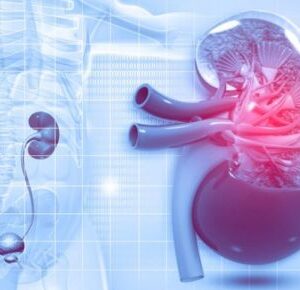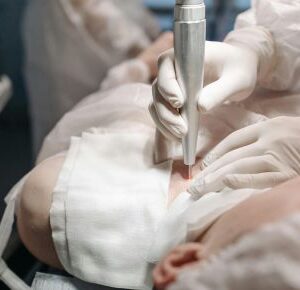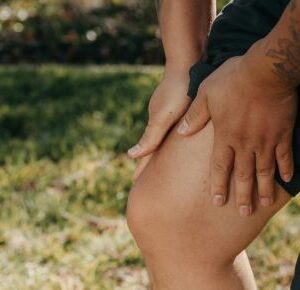
Pursuing a career in medicine requires mastering a vast body of complex knowledge and clinical skills. From the classroom to the clinic, having access to the right tools can mean the difference between confusion and confidence.
The Trusty Medical Dictionary
While mobile apps provide instant access to definitions, there is something reassuring about owning a dedicated medical abbreviations dictionary. The experts at MedAbbrev.com tell us that this comprehensive reference contains thousands of terms spanning anatomy, diseases, procedures, pharmacology, and more.
Unlike general dictionaries, these specialty volumes offer in-depth entries clarifying nuanced word origins, alternative spellings, and proper pronunciation guidance. Having an authoritative medical dictionary on-hand allows you to quickly decode obscure terminology; something that becomes increasingly important as you progress through training.
Old-School Flashcard Decks
It is an ancient study technique, but flashcards remain an invaluable tool for memorizing everything from disorder symptoms to medication categories.
Create your own handwritten decks organized by subject or body system. Or invest in high-quality pre-made sets designed to complement specific curriculums. Many students prefer those with additional clinical pearls, diagrams, or color coding on the reverse side.
For an environmentally friendly option, multiple apps let you craft and share virtual flashcard decks accessible across devices. Nonetheless, research shows physically writing information enhances retention for many learners.
Durable Notebook for Everything
From jotting lecture notes to protocolling patient encounters, a sturdy all-purpose notebook is indispensable. Choose a professional, bound style with thick pages to minimize bleed-through.
While it may seem archaic in our digital age, handwriting engages multiple senses simultaneously, strengthening comprehension and recall compared to computer-based note taking. It also minimizes distracting multitasking during important discussions.
Use it to diagram visual concepts, annotate diagrams, and draft practice write-ups. Some students reserve their notebook solely for clinically focused entries to establish compartmentalization habits.
Smartphone Loaded with References
No longer just a communication device, smartphones have become powerful mobile workstations. Leverage its capabilities by downloading critically acclaimed medical reference apps, drug guides, and clinical calculators.
For secure on-the-go documentation, use encrypted medical note taking tools equipped with speech-to-text capabilities. Just ensure you are complying with all institutional privacy policies surrounding patient information.
The White Coat
Simple yet symbolic, a crisp white coat instantly conveys authority and credibility when worn by medical professionals. Traditionally granted during a ceremonial “White Coat Ceremony”, this garment represents your transition into clinical studies and the sacred trust patients place in the profession.
Beyond its iconic status, a well-fitted coat serves very practical purposes like warmth, protection from light stains or spills, and ample pockets to stash essential tools like:
- Stethoscope
- Penlight
- Reflex hammer
- Tuning forks
- Scissors
- Reference cards/notes
Look for quality fabric providing sufficient give for bending and reaching. Its clean, professional appearance should instill a sense of confidence.
Durable, Comfortable Shoes
From surgical rotations to marathon clinic hours, you will spend prolonged periods on your feet. Investing in proper footwear provides vital support to prevent fatigue and injury.
Breathability, slip-resistance, and moisture-wicking capabilities are essential. Go for styles with ample cushioning in the soles to absorb impacts and reduce joint strain. Easy on/off designs accommodate frequent footwear changes.
While professionalism standards vary by institution, most allow discreet athletic shoes in muted tones. Just ensure they are clean and well-maintained to uphold a polished image.
Conclusion
With the right tools at your disposal, the road ahead feels eminently more manageable. You will progress from memorizing terminology to conversing fluently. Notes become observations. And those first tentative clinical interactions will evolve into confident patient encounters. Having reliable resources allows you to focus brainpower on acquiring new skills. So stock up, study hard, and embrace the wonders of this incredible journey.
